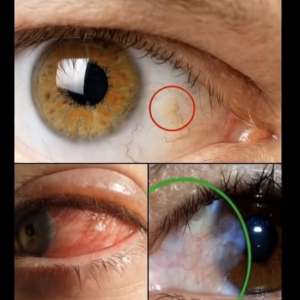Doctors are raising alarms about a rare but rising cancer: **appendiceal adenocarcinoma**, an aggressive form of appendix cancer that’s increasingly affecting millennials and Gen Xers.
The disease starts in the appendix lining and releases mucus-like substances called mucin. Early symptoms — such as **abdominal pain, bloating, or changes in bowel habits** — often mimic common issues like food poisoning or appendicitis, making early detection difficult. As *HuffPost* explains, diagnosis usually happens “incidentally or at advanced stages.”
A major study published in the *Annals of Internal Medicine* analyzed over 4,800 cases from 1975 to 2019. Findings showed that people born in 1985 were **four times more likely** to be diagnosed compared to those born around 1945. Researchers wrote: *“A birth cohort effect corresponds to population shifts in environmental exposures.”*
Experts blame factors like **diet, obesity, alcohol, smoking, and gut microbiome changes**, with researchers noting similar increases in other gastrointestinal cancers.
Though rare — only about **3,000 U.S. cases annually** — the survival rate is relatively high (67%–97% at five years). Still, **early detection is vital**, often requiring appendix removal and possible chemotherapy.
Doctors urge anyone in their 30s or 40s with ongoing digestive discomfort to **seek medical advice** and not ignore symptoms.




